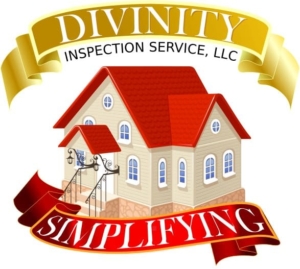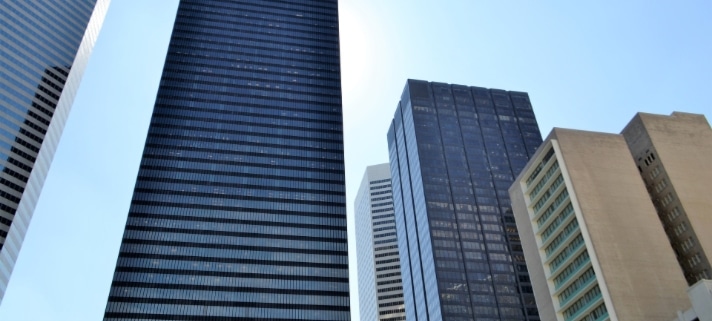5 Most Expensive Problems a Commercial Building Inspection May Reveal
Commercial building inspections are typically conducted before investing in commercial property. The purpose is two-fold. First, to determine the condition of the property and identify any “deal-breaker” issues. Second, to get a handle on the potential expenses that the buyer may expect if he or she purchases the commercial property. In fact, surveys show that 70% of homeowners believe a home inspection saved them money in the long run and commercial building inspections serve the same purpose .
In this regard, a commercial building inspection typically does not include estimates of the cost of repairing any problems uncovered. Providing estimates in a building inspection report would create a conflict of interest for the commercial building inspector and potentially violate licensing regulations if the commercial property inspection services provider is not a licensed contractor. Here are six of the most expensive repairs that may be revealed by a commercial building inspection:
Foundation
Commercial building inspections include a visual inspection of the foundation for cracks, settling, and water penetration. Foundation repair can be a deal breaker for many commercial real estate investors for a few reasons:
- Repair may require hiring a structural engineer
- Repair is difficult because the entire building’s weight rests on the foundation
- Damaged foundations can create other problems that need to be repaired like misaligned doors and windows and cracked drywall
- Buildings with damaged foundations may be deemed unsuitable for occupation until the foundation is repaired
Roof
Problems with a roof can include leaks around flashing, vents, and skylights. Also, loose or missing shingles can lead to roof leaks. Poor roof drainage from broken or clogged gutters and downspouts can allow water to accumulate leading to leaks and roof damage. While repairs may be performed relatively inexpensively if the repairs are limited to replacing flashing, shingles, or gutters, a total roof replacement can be costly enough to be a deal-breaker for some commercial property investors.
Water Damage
Problems with the roof can lead to leaks and water damage. Other causes of water damage can include a cracked foundation, leaking plumbing, clogged or leaking sewer lines, and clogged or damaged drains. Aside from repairing the cause of the water damage by replacing or repairing roof leaks, plumbing, or sewer lines, water leaks can lead to drywall damage, wood rot, and mold growth that requires repair or remediation.
If you are fortunate, water damage may be confined to drywall that can be repaired or replaced. However, more extensive water damage to the wood frame or water damage that has led to mold growth may be enough for many commercial real estate investors to pass on the building. Mold removal is particularly dangerous because of the serious health problems that mold spores can cause to building occupants. Such damage may require expensive and time consuming repairs before the building is even deemed safe for occupation.
Siding
Damage to siding can allow water to damage the frame, insulation, and drywall. Worse yet, openings in the siding can allow mold and insects, such as termites, cockroaches, and ants, to infest the building. Even if the frame, insulation, and drywall are undamaged, the cost of labor and materials to replace a building’s siding and remedy any mold or insect issues makes this repair one of the most expensive that a commercial real estate inspector can uncover.
Heating, Ventilation, and Air Conditioning (or HVAC)
The potential cost of HVAC repairs depends heavily on the nature of the problem and the type of system used. While cleaning duct work or repairing refrigerant lines may be undertaken without too much expense, replacing a compressor unit, evaporator coil, or fan can incur a huge expense, particularly for larger buildings. Increasing the expense even more is the fact that in hotter climates, such as Tampa, the building would not be suitable for tenants until the HVAC system is repaired or replaced.
Electrical
Electrical problems are costly to repair because they pose a substantial safety risk to building occupants. Damaged electrical systems can cause electrocution or fires. Moreover, power surges and blackouts from electrical system problems can damage equipment.
Commercial building inspectors identify issues pertaining to the condition and safety of a commercial building. With this in mind, a commercial building inspection is essential to making a sound business decision whether to purchase commercial property.




Leave a Reply
Want to join the discussion?Feel free to contribute!